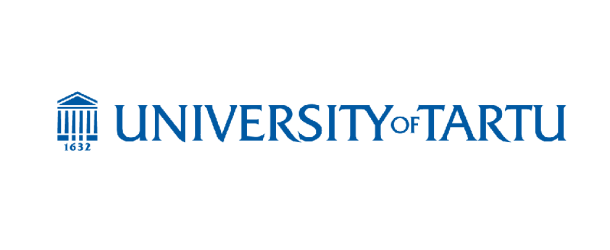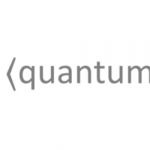U of Tartu Scientists Showed Rare Earth Ions Can Work as Qubits for Optical Quantum Computing

(Phys.org) Scientists at the Institute of Physics of the University of Tartu have found a way to develop optical quantum computers of a new type. Central to the discovery are rare earth ions that have certain characteristics and can act as quantum bits. These would give quantum computers ultrafast computation speed and better reliability compared to earlier solutions. The University of Tartu researchers Vladimir Hizhnyakov, Vadim Boltrushko, Helle Kaasik and Yurii Orlovskii published the results of their research in the scientific journal Optics Communications.
Researchers of the Institute of Physics of the University of Tartu showed that microcrystals, synthesized on the basis of mixed optical fluoride crystal matrices doped with erbium, praseodymium and some other ions of rare earth elements, can work as qubits that enable ultrafast optical quantum computing.
Professor Vladimir Hizhnyakov, member of the Estonian Academy of Sciences, says that when selecting the ions, their electronic states of very different properties are of utmost importance. “They must have at least two states in which the ion interaction is very weak. These states are suitable for basic quantum-logic operations on single quantum bits. In addition, a state or states are needed in which the ion interaction is strong—these states enable quantum-logic operations with two or more qubits.



















